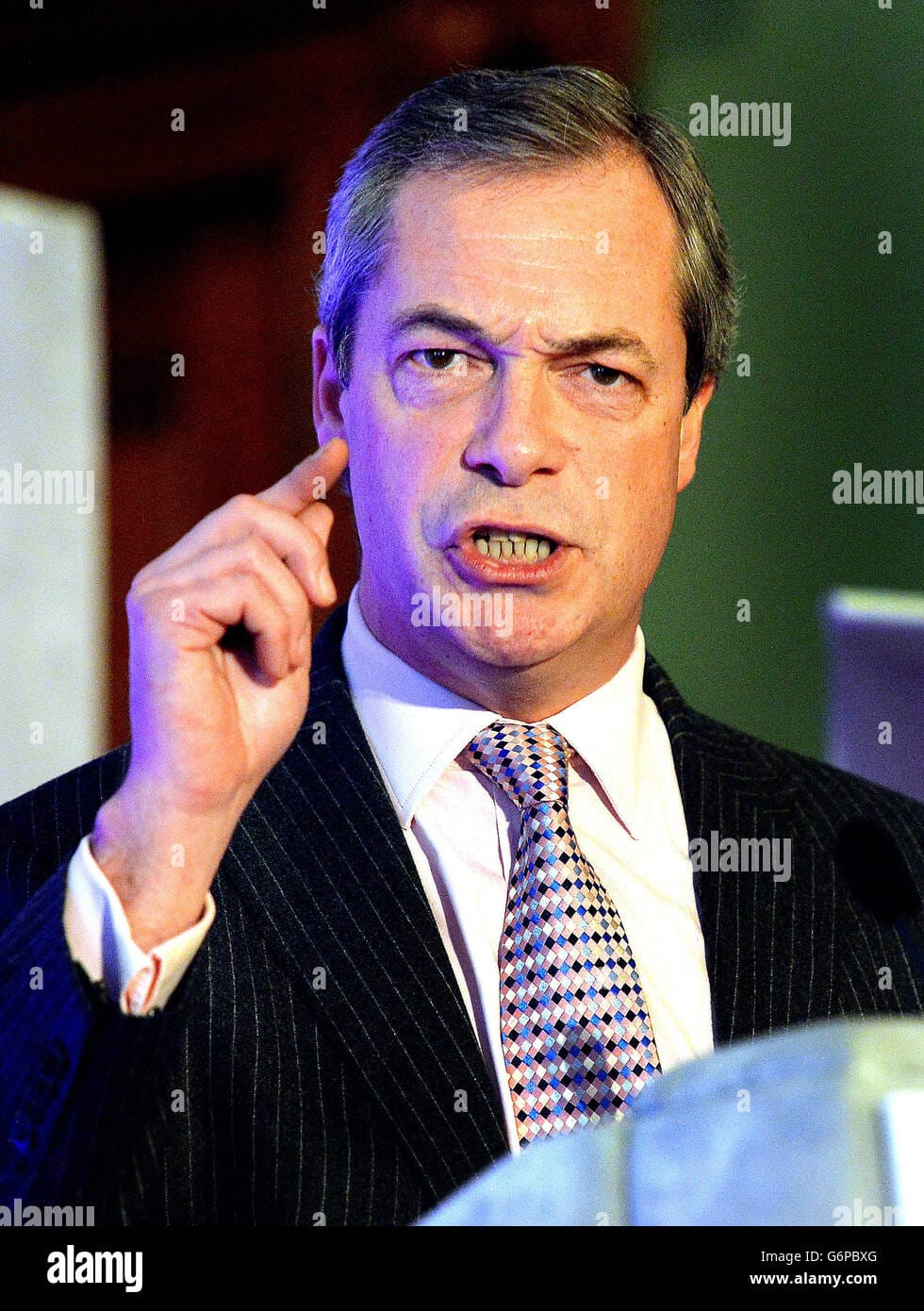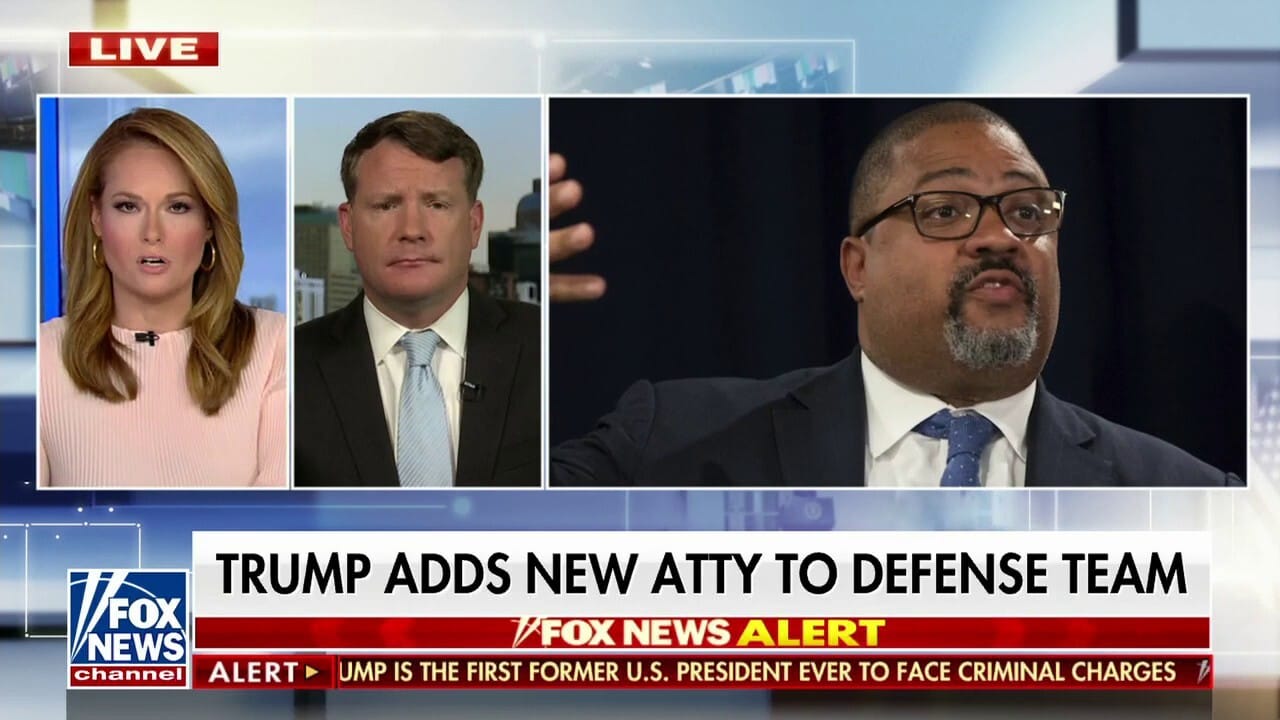In the wake of Elon Musk’s controversial comments about grooming gangs, Nigel Farage has publicly defended the billionaire entrepreneur, arguing that the discourse surrounding such sensitive topics is crucial for societal awareness. Musk’s remarks, which were made on social media, sparked significant backlash and discussions about the implications of his statements. Farage’s defense highlights the ongoing tensions between public figures and the scrutiny they face when addressing complex social issues.
Grooming gangs, a term often used to describe organized groups that exploit vulnerable individuals, particularly minors, have been a topic of concern in various countries, including the United Kingdom. The issue has been at the forefront of political and social discussions, especially in light of high-profile cases that have emerged in recent years. Critics argue that the media and political discourse surrounding these incidents often fail to address the systemic issues at play, while supporters of increased awareness argue that such discussions are necessary to prevent further exploitation.
In defending Musk, Farage pointed out that the backlash he received is indicative of a larger trend where individuals are often vilified for speaking out on contentious issues. Farage stated that the fear of backlash should not deter public figures from addressing topics that require attention. He emphasized that the conversation around grooming gangs is essential for understanding the complexities of the issue and for advocating for the rights and protection of vulnerable individuals.
Musk’s comments, which some interpreted as provocative, were intended to shed light on a serious problem that affects many communities. Farage’s support for Musk underscores a growing sentiment among certain political figures that freedom of speech should be upheld, even when the topics discussed are uncomfortable or controversial. Farage argued that society benefits from open dialogue, even when it involves challenging conversations about crime, exploitation, and social justice.
The discussion surrounding grooming gangs is multifaceted, involving various social, cultural, and legal dimensions. Critics of the current discourse often highlight the importance of addressing the root causes of such exploitation, including socio-economic factors, cultural dynamics, and systemic failures in protecting the most vulnerable. Farage’s defense of Musk suggests that he believes the conversation should not be stifled by fear of repercussions but should instead be encouraged to foster a more informed public.
Furthermore, Farage’s comments reflect a broader concern regarding political correctness and its impact on public discourse. He posits that the fear of offending certain groups can lead to a culture of silence, where important issues remain unaddressed. By defending Musk, Farage is advocating for a platform where individuals can express their thoughts without the constant threat of backlash, thereby promoting a more open and honest conversation about pressing societal issues.
The debate over Musk’s comments and Farage’s defense has also reignited discussions about the role of social media in shaping public opinion and discourse. Social media platforms have become significant arenas for the exchange of ideas, but they also serve as battlegrounds for controversies that can escalate quickly. Farage’s stance suggests a belief that social media should be a space for unfiltered dialogue, where individuals can engage with challenging topics without fear of censorship or backlash.
In conclusion, Nigel Farage’s defense of Elon Musk amid the controversy surrounding grooming gang comments highlights the complexities of discussing sensitive societal issues. The discourse surrounding grooming gangs necessitates a careful and nuanced approach, and Farage’s support for Musk underscores the importance of maintaining open lines of communication in the face of potential backlash. As society continues to grapple with these issues, the call for transparent and honest discussions remains crucial for fostering understanding and promoting the welfare of vulnerable individuals.



